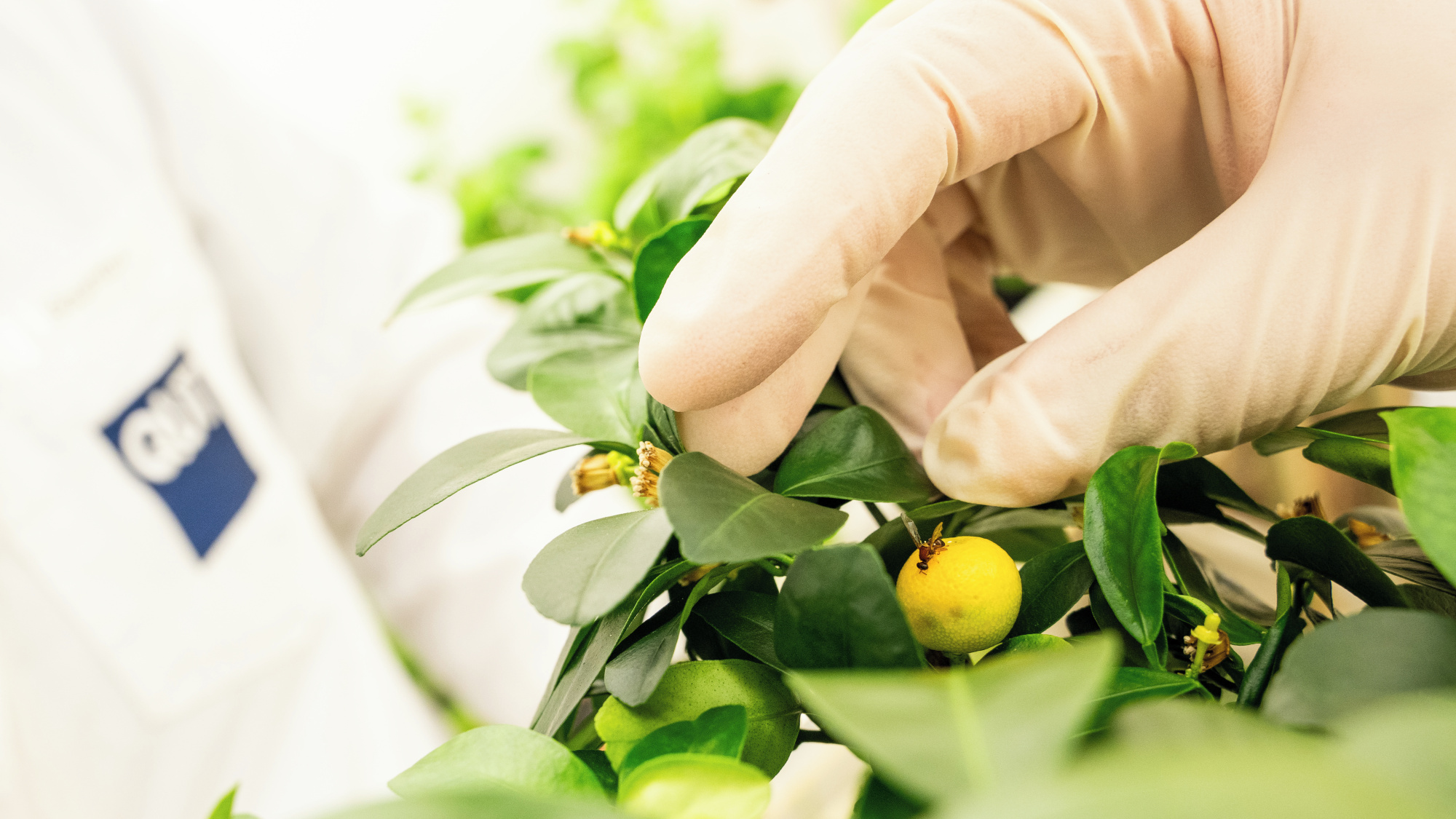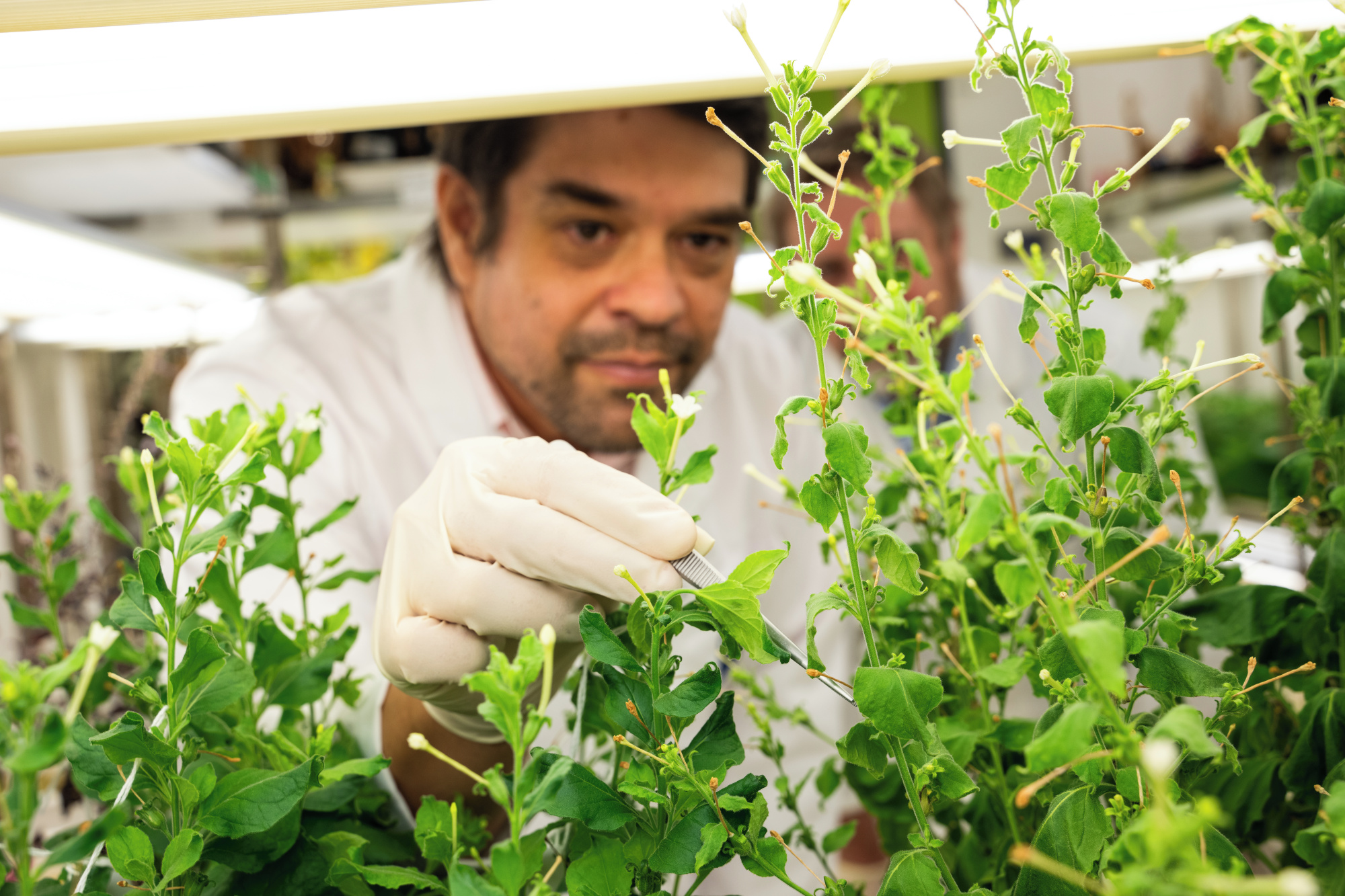QUT researchers will lead a research project targeting insect pests as part of a $130 million collaborative research initiative designed to protect and grow Australia's horticultural exports.
QUT researchers will lead a research project targeting insect pests as part of a $130 million collaborative research initiative designed to protect and grow Australia's horticultural exports.
The research team - all from the QUT School of Biology & Environmental Science and the Centre for Agriculture and the Bioeconomy - is led by Professor Peter Prentis, and includes Dr Julia Bally, ; Dr Brett Williams; Associate Professor David Hurwood, and Dr Kevin Dudley.
Lead researcher, Professor Peter Prentis, Director of the QUT Centre for Agriculture and the Bioeconomy said the project was part of the recently launched Fresh and Secure Trade Alliance (FASTA).

FASTA is an eight-year national initiative that aims to: achieve the secure domestic and international trade of fresh produce; provide the capacity to respond to emerging trade issues more quickly; and provide Australian growers with new tools to manage horticulture pests.
"The QUT research team will lead the insect stress physiology node in a $9 million project which will determine how insects respond to stress treatments, such as heat, cold and chemical controls," Professor Peter Prentis said.
"We will do that by examining physiological and genetic response of insect pests.
"This information will be used to manipulate both fruit disinfestation treatments for market access and in-field management for optimum benefit to both the exporter and importer," Professor Peter Prentis said.
"Phytosanitary treatments ensure the cleanliness and health of plants and protect plant products from pests and plant diseases, along with the control of pesticides, chemicals and other contaminants."
"Insect pests are a major challenge for Australia's horticultural producers as they impact production and domestic and international trade. Australia's trading partners require evidence that Australian horticulture exports are insect pest free," Professor Peter Prentis said.

He said the QUT team would also contribute to other FASTA research nodes focused on surveillance and diagnostics of pest insects, the development of novel control strategies and developing plant varieties resistant to fruit flies.






